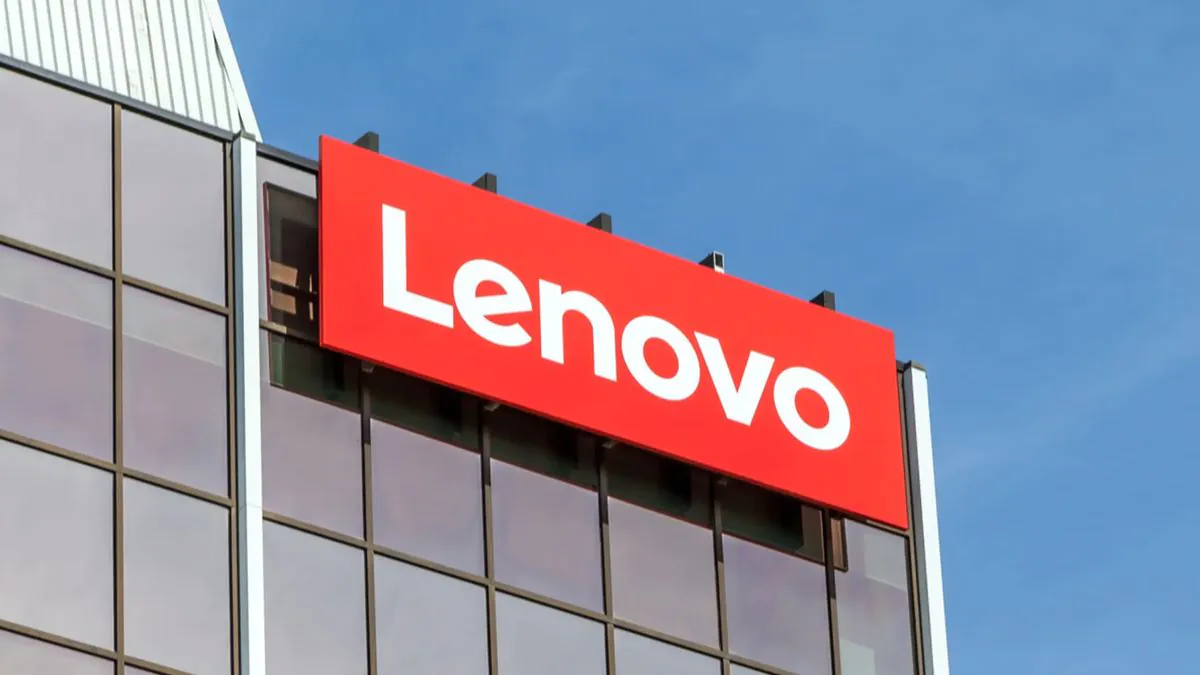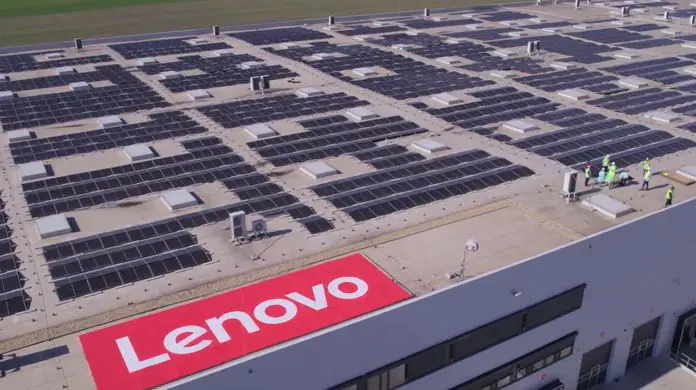© ROOT-NATION.com - Use of content is permitted with a backlink.
At its production site in Budapest, Lenovo has unveiled new solar panels that will power high-performance computing (HPC). The ability to test high-performance computing workloads on 100% solar power has arrived at Lenovo’s newest Global Innovation Center, which opened last October.
The production complex in Budapest was built from scratch and immediately took into account the principles of sustainable development. The new solar panels increase the total solar power to 3 MW, which is enough to power an electric car that can travel over 17,000 km. The finished installation, which contains more than 5,000 panels on two buildings, is part of Lenovo’s global plan to reduce Category 2 emissions by expanding the use of solar energy.

Currently, 17 MW of solar power plants are in operation, and Lenovo is exploring additional opportunities for solar installations in Brazil, Mexico and China. “We see that customers are making significant changes in their purchasing behaviour in the direction of greater environmental friendliness. At Lenovo, we offer customers significant support, starting from the supply chain and ending with services, the company says. – Our European customers can test high-performance computing concepts in our innovation centre, which can run on 100% renewable energy. And then they can order the production of their own systems and delivery within the region using ecological modes of transport and packaging.”
Lenovo technologies are designed to help support sustainable development goals. For example, Lenovo Neptune’s direct liquid cooling technology provides 95% heat dissipation efficiency and reduces energy consumption by up to 40%. The complex in Budapest, which specializes in high-performance computing and AI, houses the first European centre for testing and demonstrating the company’s sustainable liquid cooling technology. And customers can try it before buying.

The European Lenovo Value Recovery Service centre is also located in Hungary, where the company’s equipment is returned and repaired within the principles of the circular economy. This helps to reduce the amount of e-waste and allows you to buy corporate equipment at an affordable price.
Many sustainability measures have been implemented at the Budapest plant: heating insulation has been strengthened, new lighting sensors have been added and heat from air compressors is being reused. The heat from the production shop is used to heat the production premises, and in winter, cold outside air is used for cooling.
Lenovo solutions are manufactured using a patented low-temperature soldering (LTS) process, which the company developed in 2017. With LTS, brazing heat is applied at a maximum temperature of 180°, which is 70° lower than the previous method, and results in reduced carbon emissions during production. In addition to the processes, Lenovo helps mitigate the environmental impact of the plant’s employees by offering them a free shuttle bus within the area.
Read also:
- Lenovo presented new devices and interesting concepts at #MWC2024
- Review of Lenovo Legion Glasses: glasses – a pocket monitor for gaming and more


